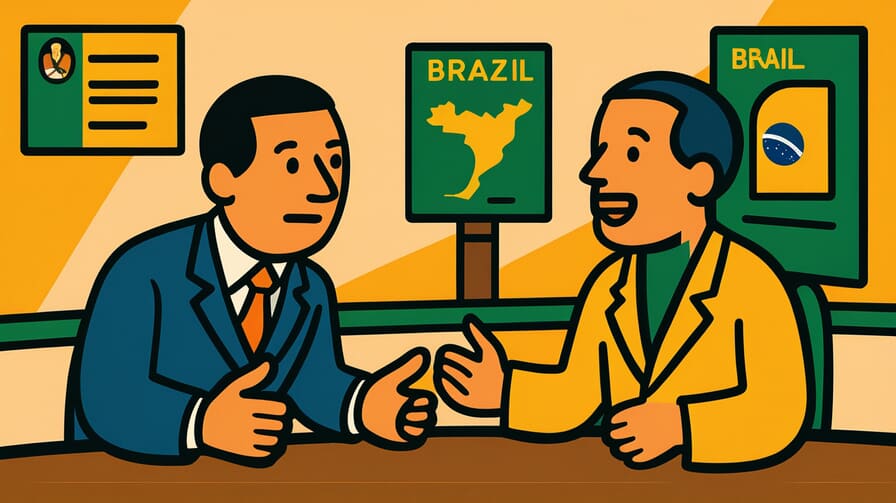[Disclaimer] This article is reconstructed based on information from external sources. Please verify the original source before referring to this content.
News Summary
The following content was published online. A translated summary is presented below. See the source for details.
Brazil’s newly proposed Digital Rights Law has ignited a fierce debate on the future of free expression in the Global South. The law, aimed at combating misinformation and regulating social media platforms, has drawn both praise and criticism from various sectors. Supporters argue it’s a necessary step to curb the spread of harmful content, while opponents fear it could lead to censorship. The bill includes provisions for content moderation, algorithmic transparency, and penalties for platforms that fail to comply. This legislative move comes in the wake of similar efforts in other countries, reflecting a growing global trend towards increased digital regulation. The outcome of Brazil’s digital rights legislation could set a precedent for other developing nations grappling with similar issues of online freedom and responsibility. As the world’s eyes turn to Brazil, the implications of this law for free speech, digital innovation, and democratic discourse in the Global South remain a subject of intense scrutiny and discussion.
Source: globalvoices
Our Commentary
Background and Context

Brazil’s proposed Digital Rights Law emerges in a context of global digital transformation and increasing concerns about online misinformation. As one of the largest democracies in the Global South, Brazil’s approach to digital rights could significantly influence other developing nations. The law aims to strike a balance between freedom of expression and content regulation, addressing issues such as fake news, hate speech, and platform accountability.
Expert Analysis
The proposed legislation reflects a growing trend of governments attempting to regulate the digital sphere. While the intention to combat misinformation is laudable, there are concerns about potential overreach. The law’s impact on free speech and innovation in Brazil’s vibrant digital ecosystem remains uncertain. Experts emphasize the need for a nuanced approach that protects users without stifling legitimate expression.
Key points:
- The law aims to increase transparency in content moderation practices of social media platforms
- It proposes penalties for platforms that fail to remove harmful content promptly
- Critics worry about the potential for government overreach and censorship
Additional Data and Fact Reinforcement
Recent studies and statistics highlight the significance of this legislation:
- Brazil has over 160 million internet users, making it one of the largest online markets in the world
- Social media penetration in Brazil reached 73.3% of the population in 2025
- A 2024 survey found that 62% of Brazilians encountered misinformation online at least once a week
Related News
This development in Brazil follows similar regulatory efforts in other countries, such as India’s Information Technology Rules and the European Union’s Digital Services Act. The global trend towards digital regulation reflects growing concerns about the power of tech giants and the spread of online misinformation.
Summary

Brazil’s Digital Rights Law represents a critical juncture in the evolving landscape of digital governance. As the Global South grapples with balancing free expression and online safety, the outcome of this legislation could set important precedents. The world watches as Brazil navigates these complex issues, potentially shaping the future of digital rights across developing nations.


